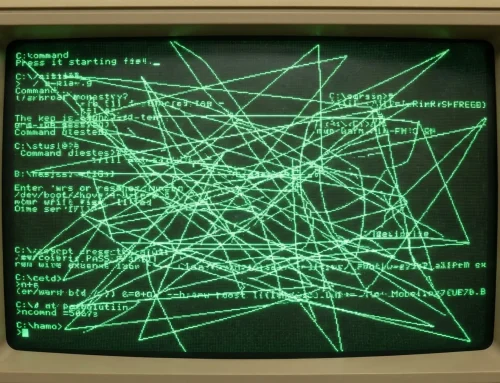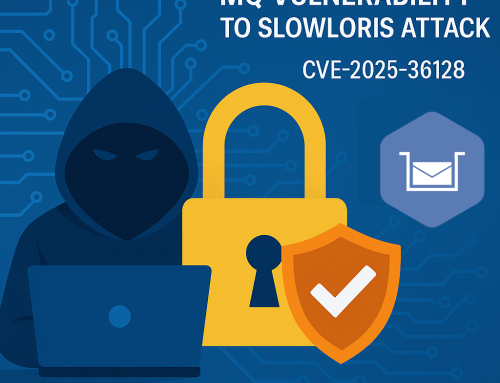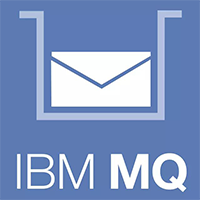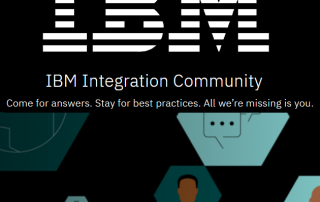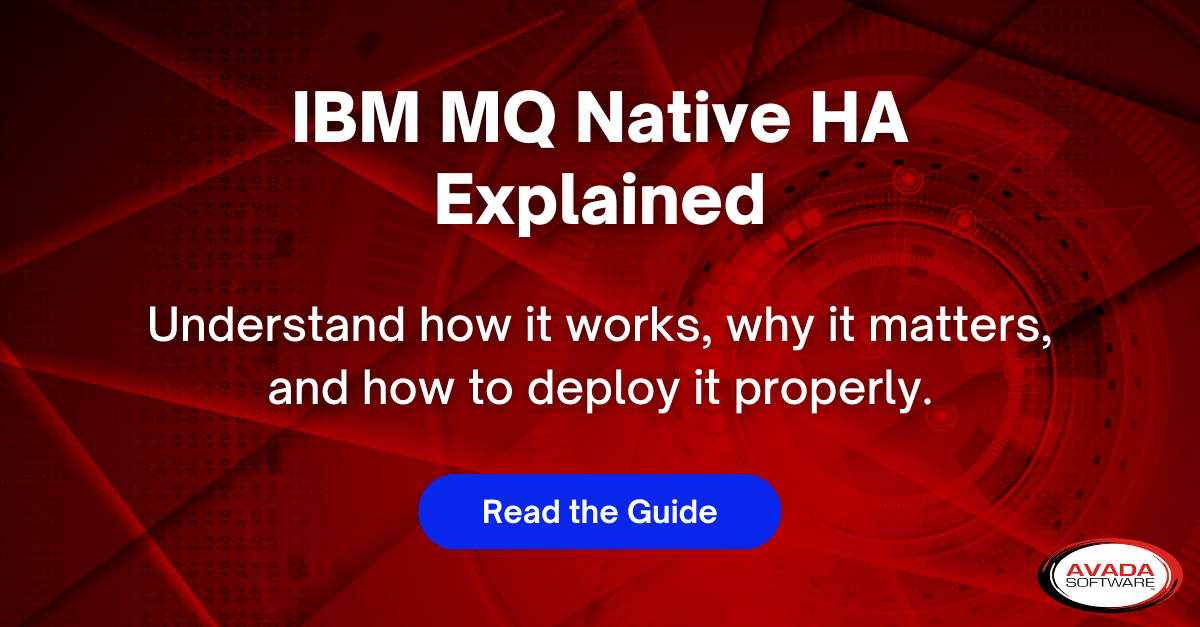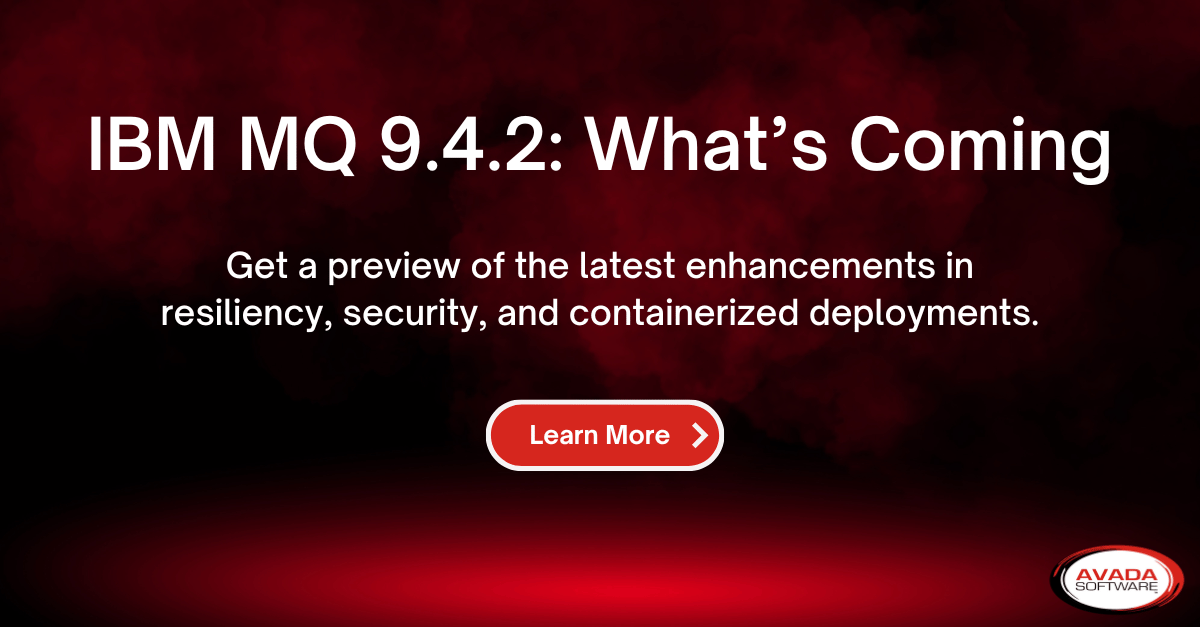IBM MQ Enhancement: Addresses Duplicate Cluster Receiver Channel Creation with Advanced Error Detection
IBM MQ has recently introduced a critical enhancement that resolves an issue faced by users when unintentionally creating duplicate channels within a cluster. This enhancement ensures that specific channel naming errors are detected more efficiently, helping maintain the integrity of the IBM MQ environment.
The Issue: Duplicate Cluster Receiver Channels
Cluster receiver channels are required to have unique names so that a cluster can correctly identify and manage the connections between queue managers, ensuring that messages are routed to the appropriate destinations without confusion. IBM MQ users may occasionally encounter problems related to the creation of duplicate channel names in clusters. This occurred in cases where a user recreated a channel on a new instance of a queue manager to be used for disaster recovery. In those cases, should the user unintentionally create a duplicate channel name in the cluster on a queue manager with a name that does not match the original channel, the result can be confusion and loss of communication with the original queue manager that should own the channel.
If left unremedied (or undiscovered), this situation could cause the failure and retrial of messages being sent to a given location. According to IBM, a main area of concern are failures of the REFRESH CLUSTER, with catastrophic consequences.
Enhancement Resolution: Detecting Mismatches and Logging Errors
With this IBM MQ enhancement, if a mismatch is found between an existing channel name-queue manager name combination and a newly created CLUSRCVR, an amq9890 error is written to the error logs and a failure data capture record is generated. This error log entry is critical in helping administrators quickly identify and correct the problem before it causes further issues within the cluster.
Avoiding it in the first place
However, if you’re looking to avoid such issues in the first place, it’s essential to establish a strong governance framework. A great resource for learning about governance and naming standards is Nigel Henderson’s paper on Middleware Mash-Up titled “Developing Governance and Naming Standards with IBM MQ”. This guide provides practical advice on how to set up consistent naming conventions and governance practices, helping to reduce the risk of issues like duplicate channel names.
Conclusion: Proactive Error Detection and Management
By automatically detecting naming mismatches and writing error logs, this IBM MQ enhancement provides a first step to ensuring performance levels of your IBM MQ environment. To enhance overall governance and operational efficiency further, pair this with a powerful monitoring solution like Infrared360 to give you the added benefits of True Real-Time™ alerts, automation, Trusted Spaces™ secure delegated administration, and much more.
For more information on how Infrared360 can help you monitor and manage your IBM MQ environment effectively, visit Avada Software’s product page.
More Infrared360® Resources


